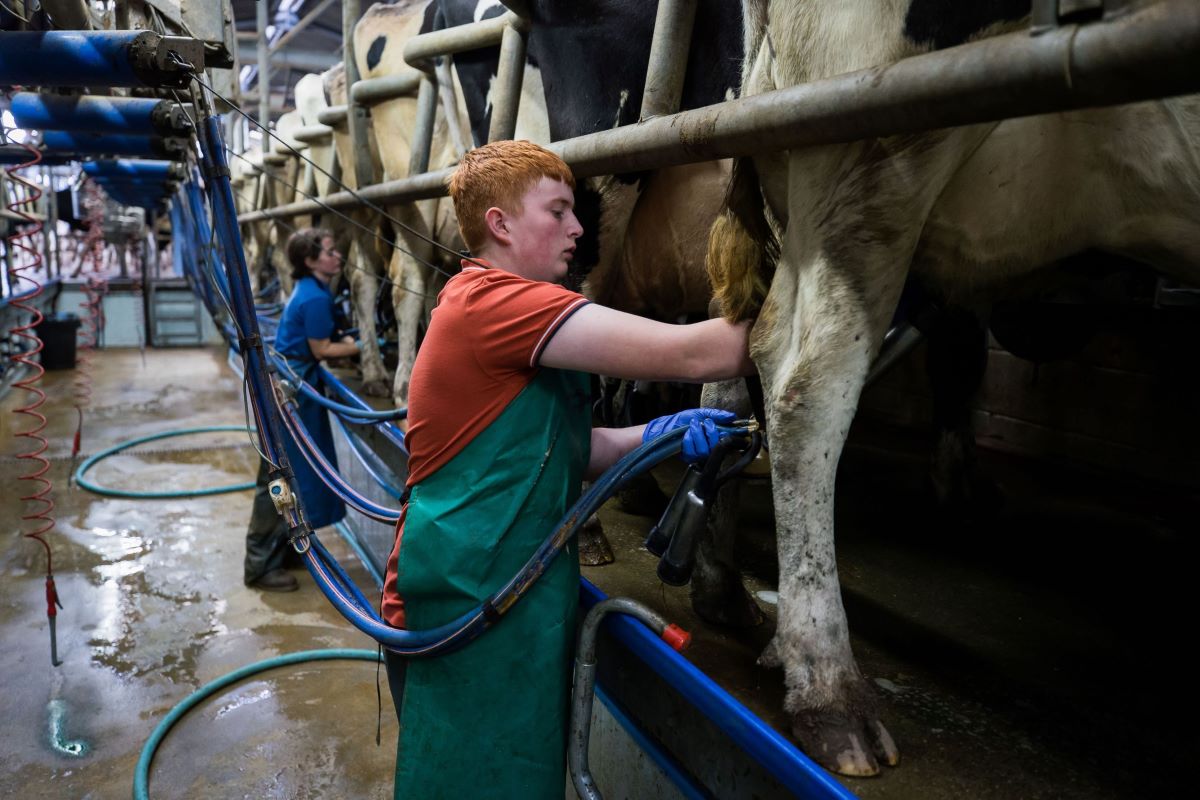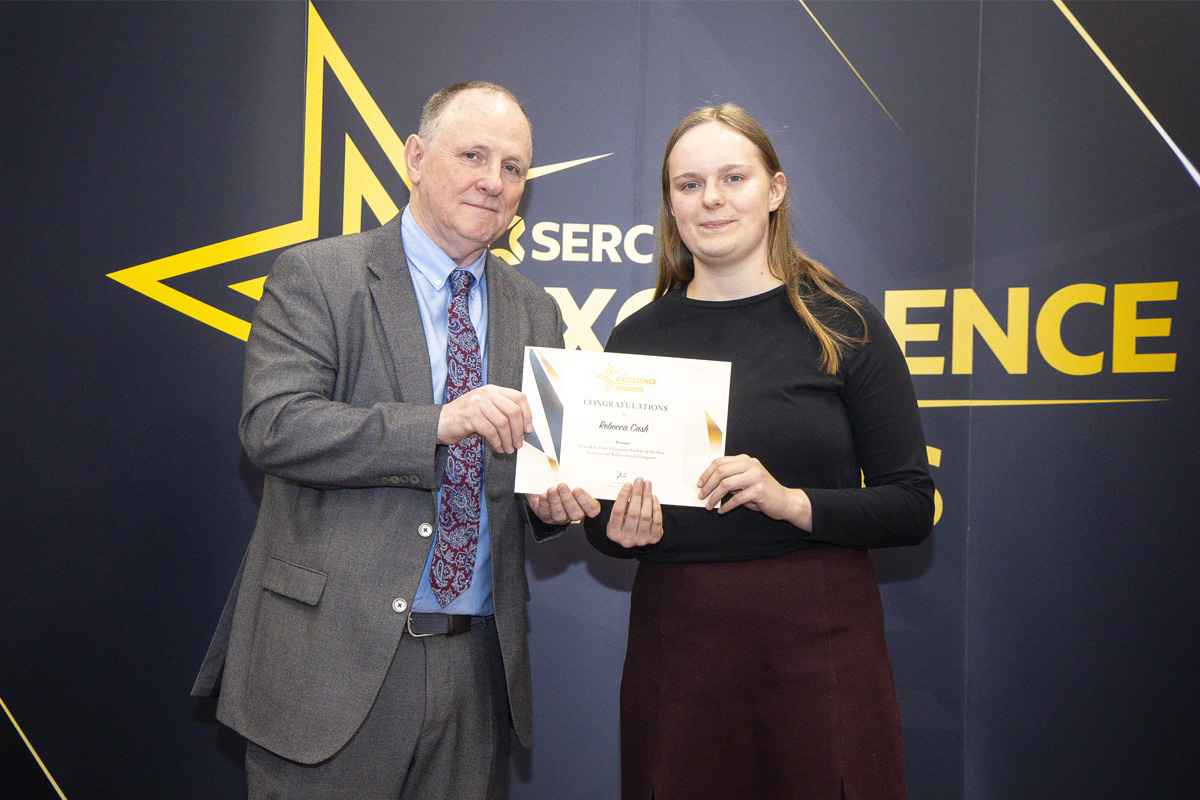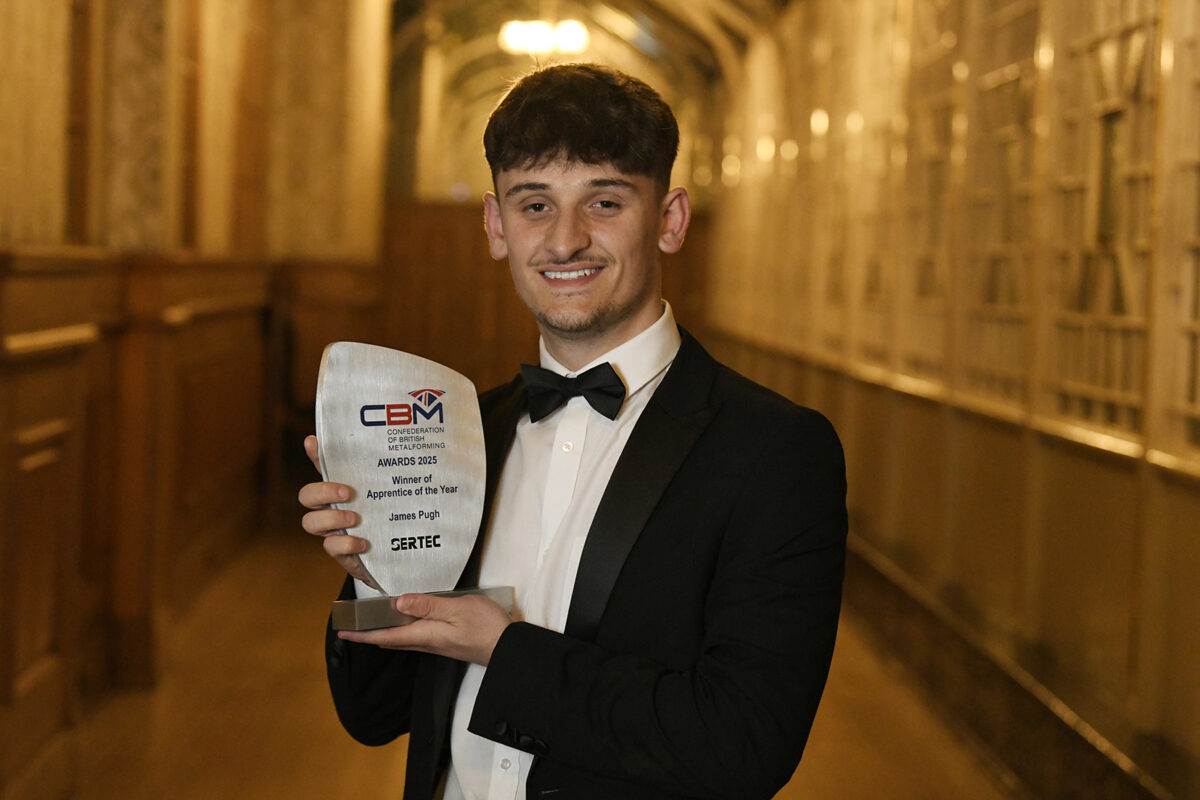Arts education in schools

The number of pupils taking arts subjects at GCSE has remained largely stable since 2010, but it’s important to note that statistics on arts GCSEs do not tell the whole story. Many students decide not to study arts subjects as academic subjects but nevertheless continue to enjoy taking part in the arts, in school and out, by singing in choirs, playing in orchestras and bands, and acting in school plays.
Pupils may also take part in a range of out-of-school activities funded by DfE, such as the music education hubs, Sorrell Foundation’s National Art and Design Saturday Clubs or National Youth Music Organisations – this is part of the £500m investment up to 2020 by the department to provide music and art programmes to improve access to the arts for children.
We’ve expanded choice for pupils in the curriculum, with the Ebacc allowing pupils to study a wide range of subjects – from a language to the sciences – in a broad and balanced curriculum which is providing them with options for the future.
A Department for Education spokesperson said:
High quality arts subjects are an important part of every child’s education and the proportion of pupils taking arts subjects at GCSE has remained largely stable since 2010.
Music remains a compulsory subject from age 5 to 14 and we are investing nearly £500 million up to 2020 in a range of music and arts education programmes designed to improve arts provision for all children. This includes 120 music education hubs set up across the country to give every child the opportunity to play an instrument.











Responses